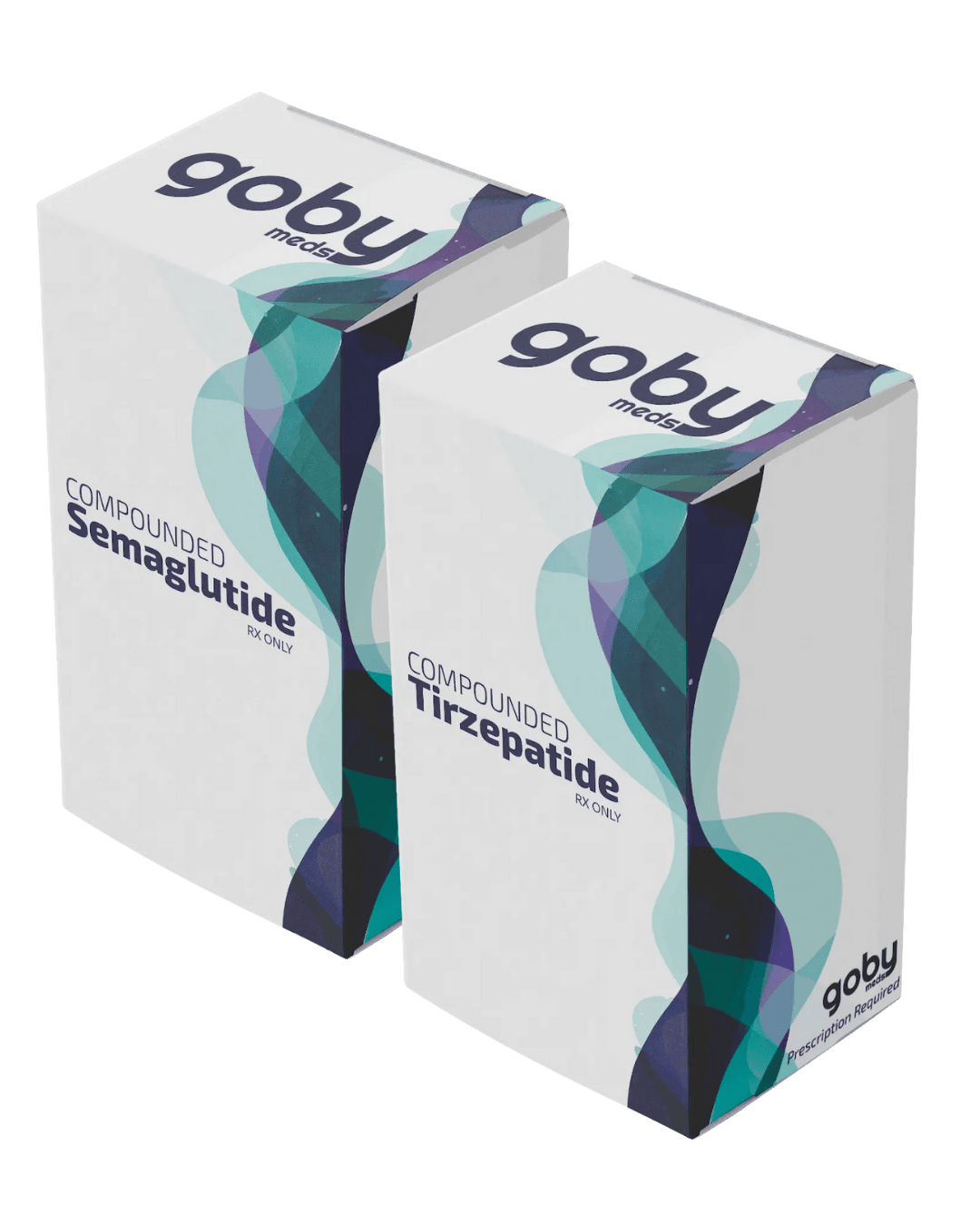Understanding Brand Name GLP-1 Medications: A Clearer Look
You've likely heard about medications like Ozempic®, Wegovy®, and Zepbound® recently. These are all part of a class of drugs called GLP-1 agonists, and they're making waves in how we manage conditions like type 2 diabetes and obesity. But what exactly are they, and how do they work? Let's break it down in simple terms.
What are GLP-1 Medications?
GLP-1 stands for "Glucagon-Like Peptide-1." It's a natural hormone your body makes, mainly after you eat. This hormone helps your body in several ways:
- Blood Sugar Control: It tells your pancreas to release insulin, which helps lower blood sugar. It also reduces the release of another hormone called glucagon, which raises blood sugar.
- Slower Digestion: It slows down how quickly food leaves your stomach. This can make you feel fuller for longer.
- Appetite Reduction: By affecting certain areas of your brain, it can reduce your appetite and cravings.
GLP-1 medications are designed to act like this natural hormone, but often with a longer-lasting effect. This short video briefly explains the GLP-1 hormone and how it works in the body:
How Do They Work?
Imagine your body's natural GLP-1 as a helpful messenger. When you eat, it sends signals that say, "Okay, time to manage sugar and feel full." GLP-1 medications are like super-messengers that keep those signals going strong, helping your body to:
- Better control blood sugar levels in people with type 2 diabetes.
- Reduce appetite and food intake, leading to weight loss in individuals with obesity or who are overweight with related health issues.
How Long Have They Been Around?
While they seem new, the idea behind GLP-1 medications has been around for a while! Scientists discovered the GLP-1 hormone in the 1980s. The first GLP-1 medication, called Byetta® (exenatide), was approved by the FDA in 2005 for type 2 diabetes.
Since then, research has continued, leading to newer, often more effective, and longer-acting versions. Some of the well-known ones include:
- Ozempic® (semaglutide): Approved in 2017 for type 2 diabetes, also commonly used off-label for weight management.
- Wegovy® (semaglutide): Approved in 2021 specifically for chronic weight management in adults.
- Zepbound® (tirzepatide): Approved in 2023 for chronic weight management. Zepbound is unique because it acts on two gut hormones (GLP-1 and GIP), offering additional benefits.
Key Benefits of FDA-Approved Medications
When a medication is "FDA-approved," it means it has gone through a rigorous review process. This is incredibly important for your safety and ensures that the medicine you're taking is reliable. Here’s why FDA-approved GLP-1 medications are the gold standard:
- Proven Safety & Effectiveness: They've been tested extensively in large clinical trials, showing they are safe and actually work for their intended purpose.
- Consistent Quality: They are made under strict rules, ensuring that every dose contains the correct amount of medicine and is of high quality.
- Clear Dosing: Doctors have clear guidelines on how much to prescribe and how often, based on thorough testing.
Where Can You Learn More?
For more in-depth, reliable information on GLP-1 medications and their uses, you can visit trusted medical resources like:
- NCBI Bookshelf - Glucagon-Like Peptide-1 Receptor Agonists (This is a more technical resource but comes from the National Institutes of Health)
A Note on Compounded Medications
You might also hear about "compounded" versions of GLP-1 medications. It's important to understand the difference.
Compounded medications are custom-made by a pharmacy for an individual patient, usually when an FDA-approved drug isn't available or a patient has a specific need (like an allergy to an ingredient in the commercial product).
However, unlike FDA-approved medications, compounded versions are not reviewed by the FDA for safety, effectiveness, or quality. This means:
- They haven't gone through the same rigorous testing for safety and how well they work.
- Their quality can vary, and there's no guarantee of the strength, purity, or effectiveness of the ingredients.
- The FDA has warned about potential risks, including serious side effects, from unapproved compounded versions, especially when they use different forms of the active ingredient (like "semaglutide sodium" or "tirzepatide acetate") than the approved drugs.
While compounded medications have a place in specific medical situations, it's crucial to be aware that they do not offer the same assurances as FDA-approved medications.
For more information on the FDA's concerns about compounded GLP-1 drugs, please refer to their official statements:
Always discuss your treatment options with your healthcare provider to determine the best and safest path for your health needs.
Ready to explore personalized GLP-1 plans with GobyMeds? Click here to get started!






.svg)